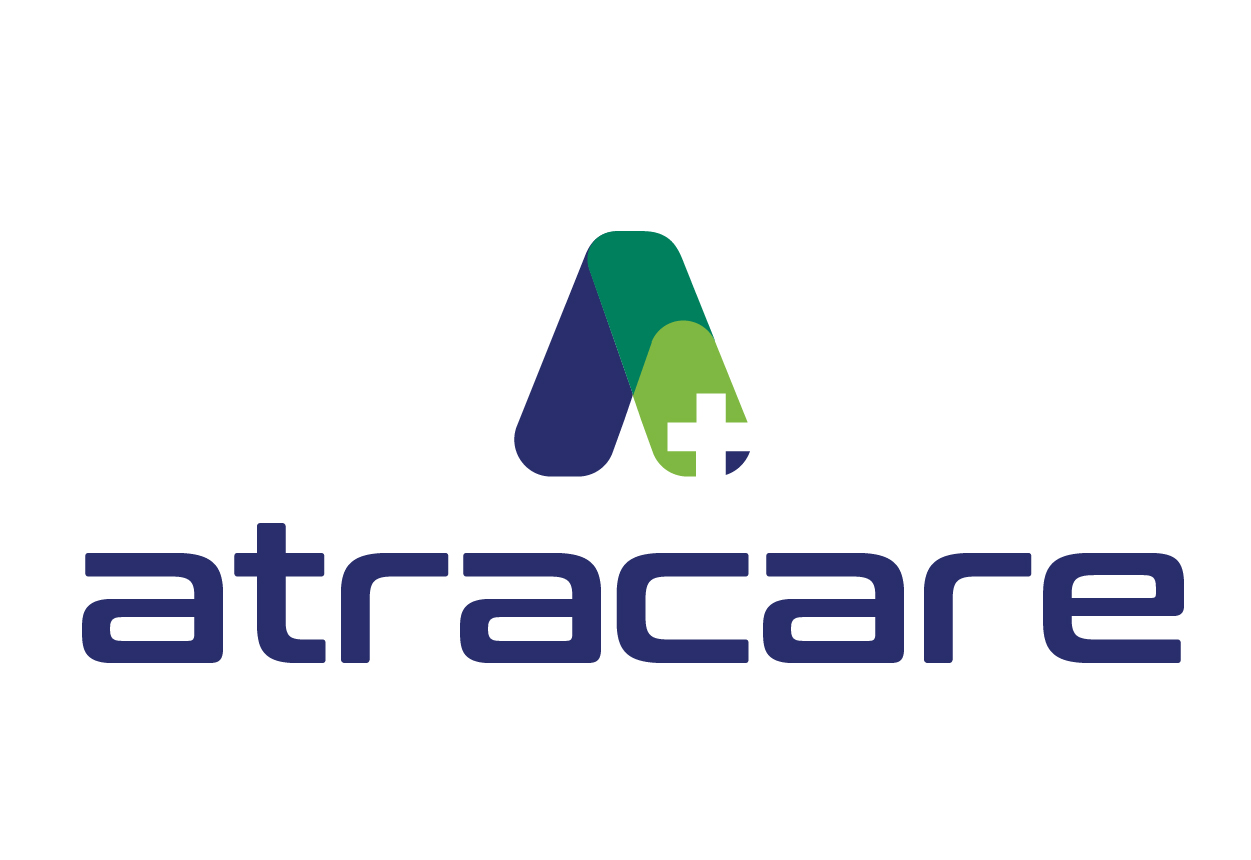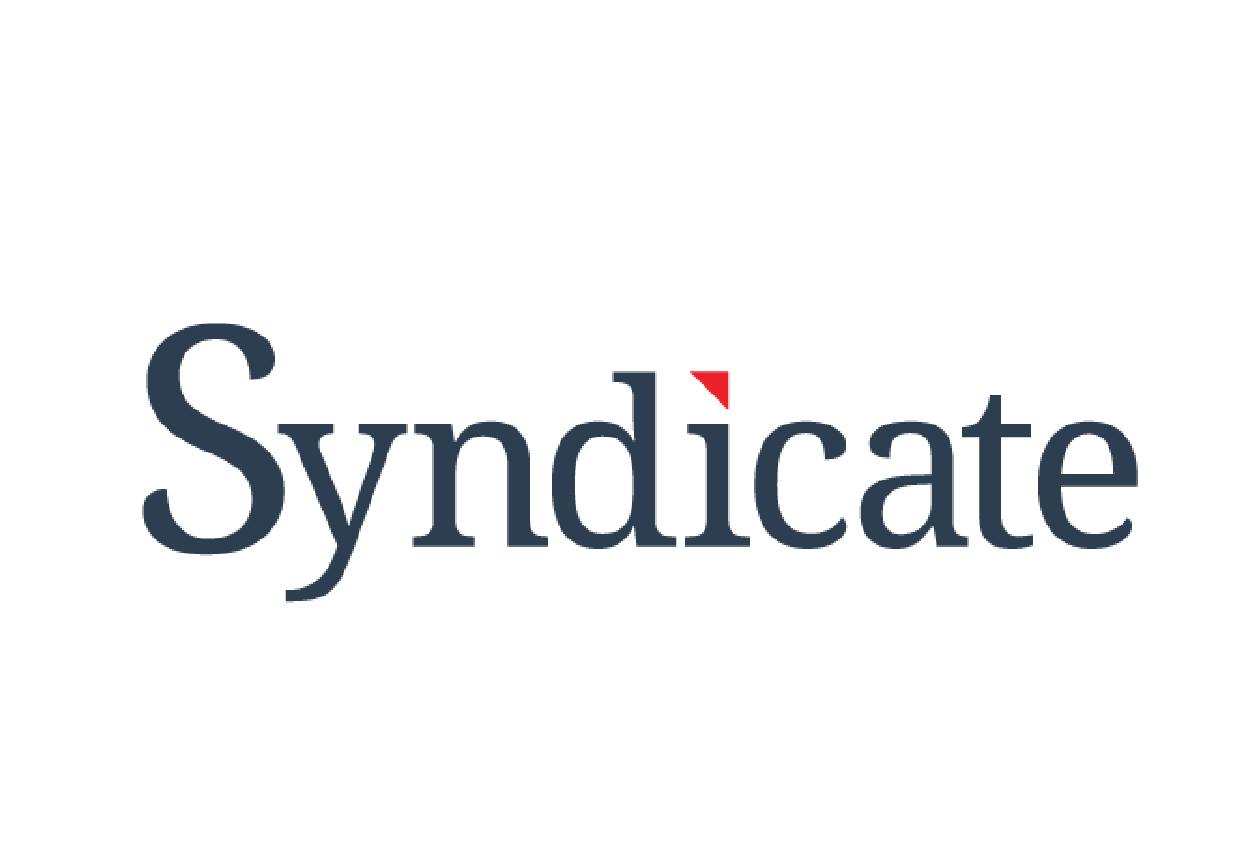Universal Free School Meals? Delaware Lawmakers Debate What’s Feasible
Delaware is once again at the crossroads of an important question: Should all public school students receive free breakfast and lunch? While lawmakers agree that no student should go hungry, the path to achieving that goal is under debate.
🍽 What’s Happening Now?
Delaware currently covers meals for students who qualify for reduced-price lunches—a move that only costs the state an extra $250,000 annually. But some lawmakers, led by State Rep. Sherae’a Moore (D-Middletown), are pushing for more.
Moore reintroduced a bill this year to make all public school meals free, gradually phasing in the program over five years to ease the financial load. The full cost? About $45 million per year.
💰 The Cost Conundrum
Many lawmakers, including Rep. Michael Smith (R-Pike Creek), are hesitant.
“The Smith boys shouldn’t be eating on the taxpayer’s dime,” Smith said. “It’s my job to feed my kids.”
Their concern? Covering meals for high-income families at a time when the state faces future budget deficits.
🧀 No Denied Meals—But Stigma Still Exists
According to Aimee Beam, Director of Nutrition Programs for the Delaware Department of Education, no school in the state denies a child a meal—even if they owe money. But some students receive an “alternative” meal when they’re in debt, often dubbed the cheese sandwich. Lawmakers like Rep. Melanie Ross Levin (D-Brandywine) worry this stigmatizes students and discourages them from eating at all.
🛠 Alternatives on the Table
Lawmakers discussed other options, including:
-
Expanding participation in the Community Eligibility Program, a federal program that reimburses high-poverty schools.
-
Having the state pay off school meal debt annually, which can cost each school tens of thousands instead of millions.
-
Limiting universal free meals to breakfast only, as proposed by Rep. Kim Williams (D-Stanton) in a new version of House Bill 19.
⚖ Where It Stands
Rep. Moore’s universal meals bill made it out of the House Education Committee and now waits in the House Appropriations Committee. But it’s on pause—all bills with a fiscal note are on hold until new financial data becomes available.
Rep. Williams’ breakfast-only bill (a substitute for House Bill 19) doesn’t yet have a fiscal note attached but offers a more budget-conscious compromise.
🗓 What’s Next?
The Delaware legislature returns Tuesday, May 6. Lawmakers are expected to resume discussions on school meal funding then.
📌 Why It Matters
Food insecurity continues to affect thousands of children in Delaware. While no child is outright denied food, gaps in policy and stigma remain. As school meal costs become a growing national and local conversation, Delaware’s path forward will be one to watch.

























